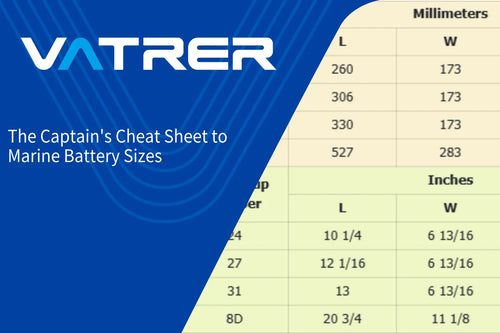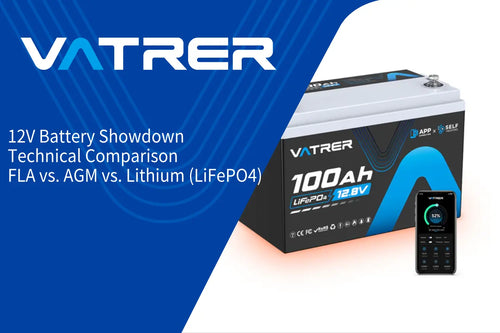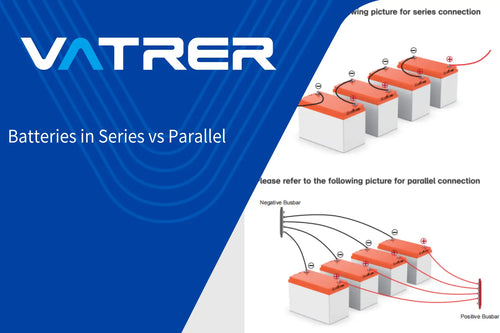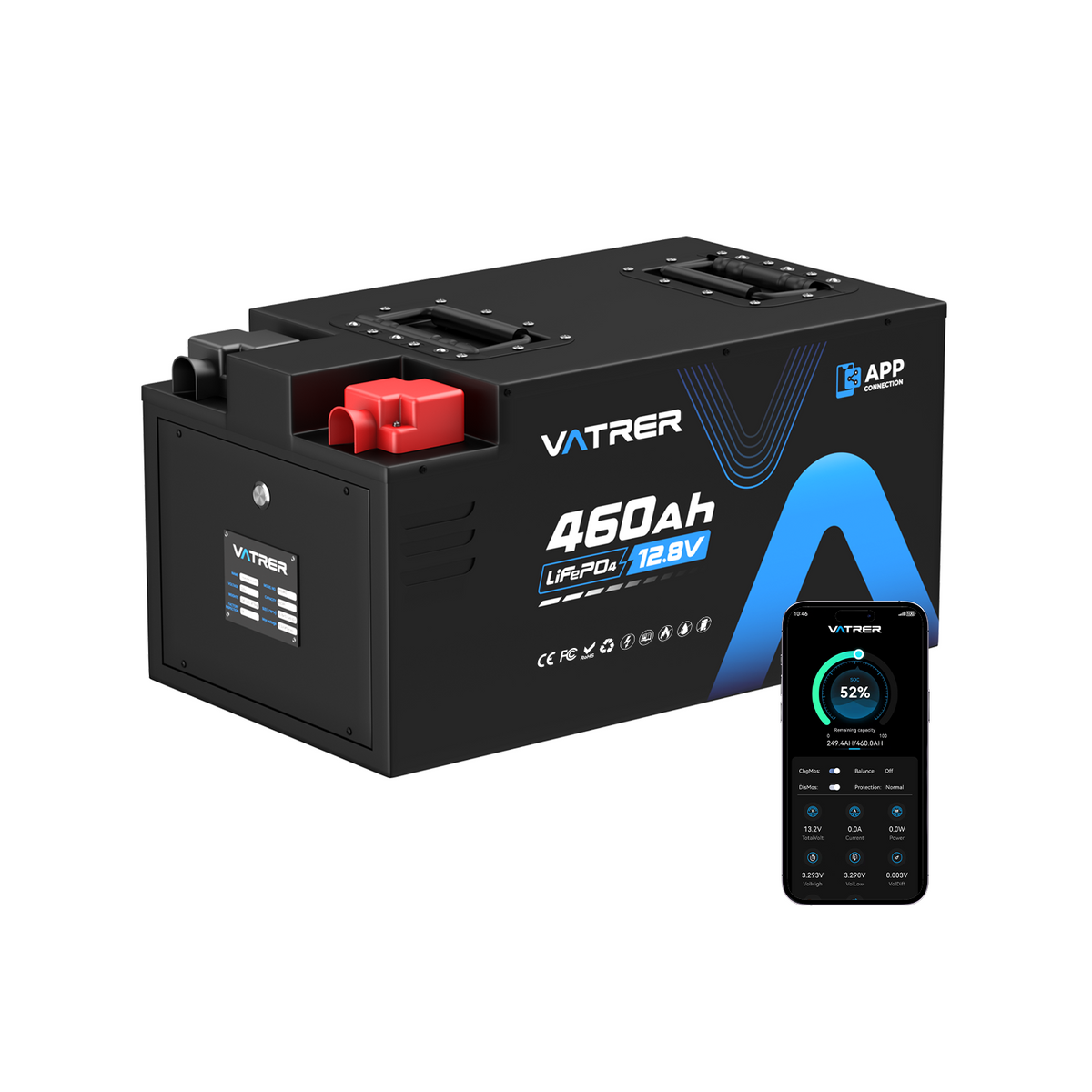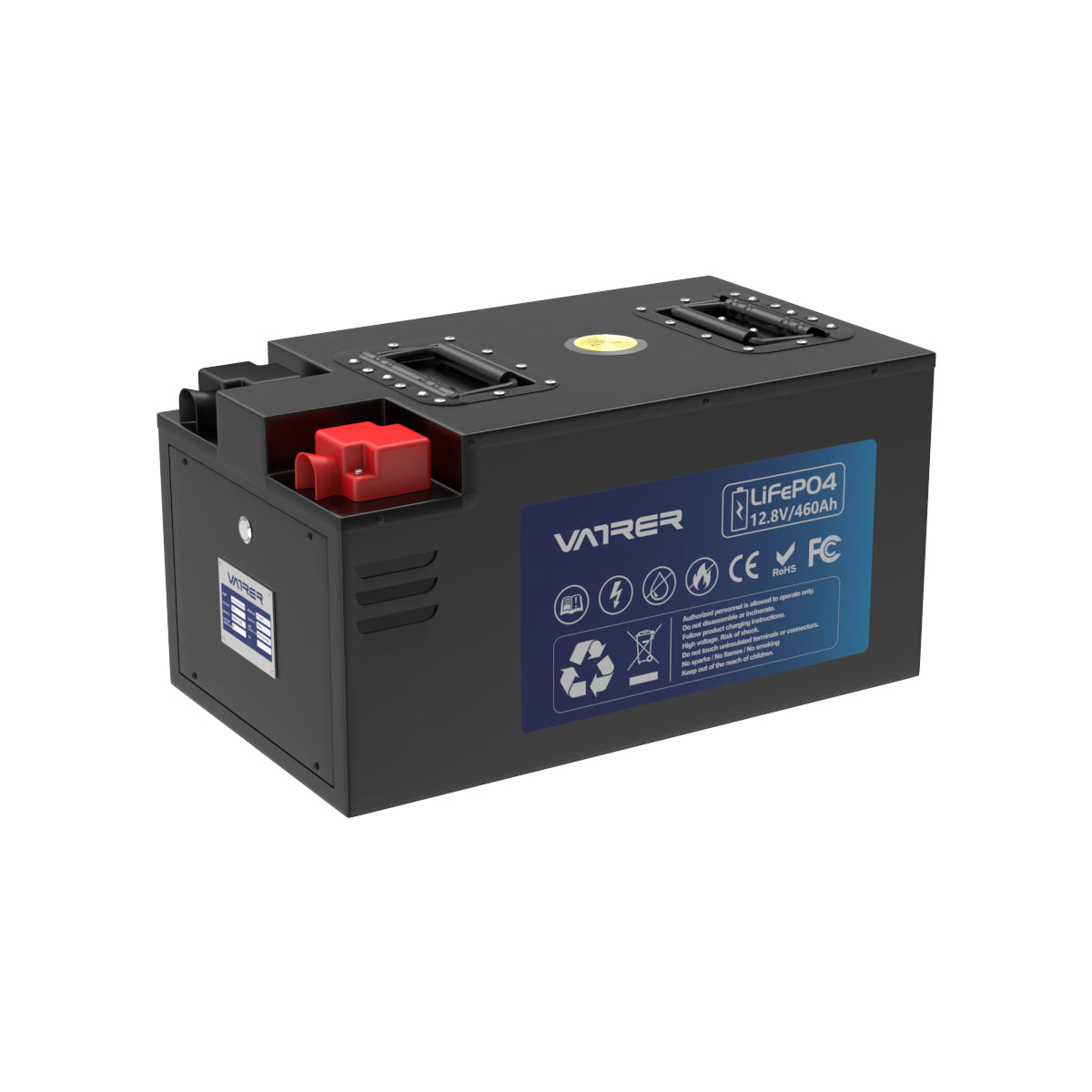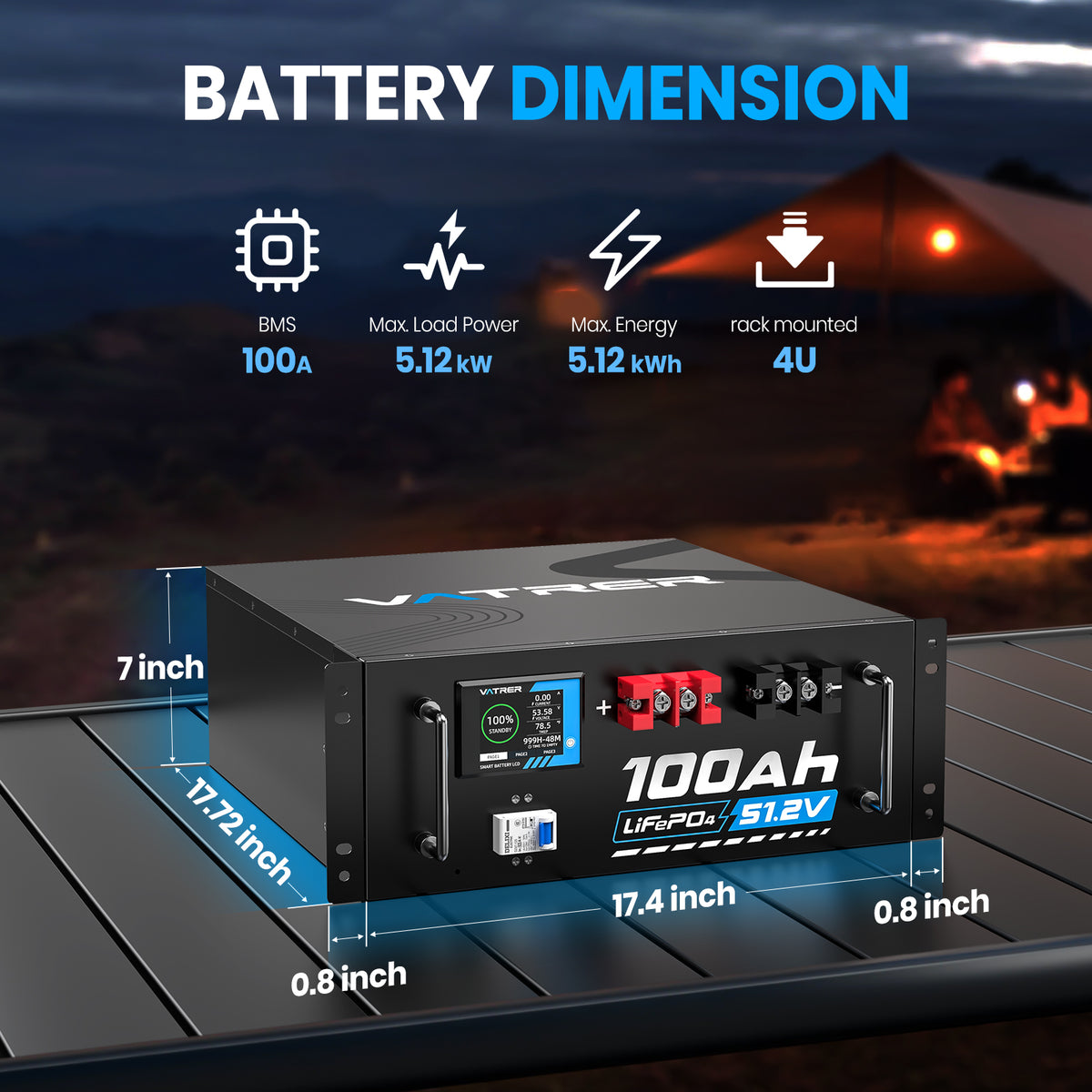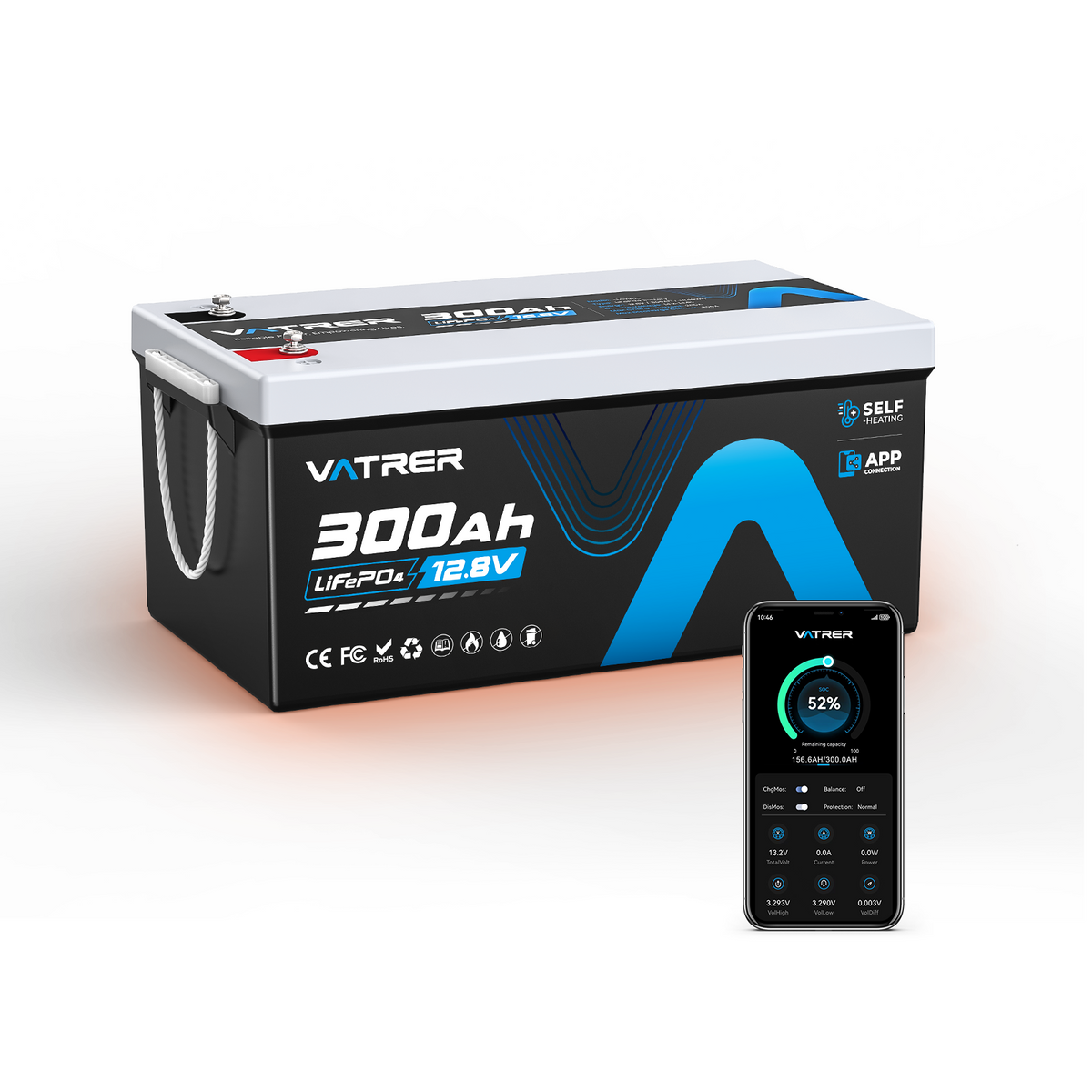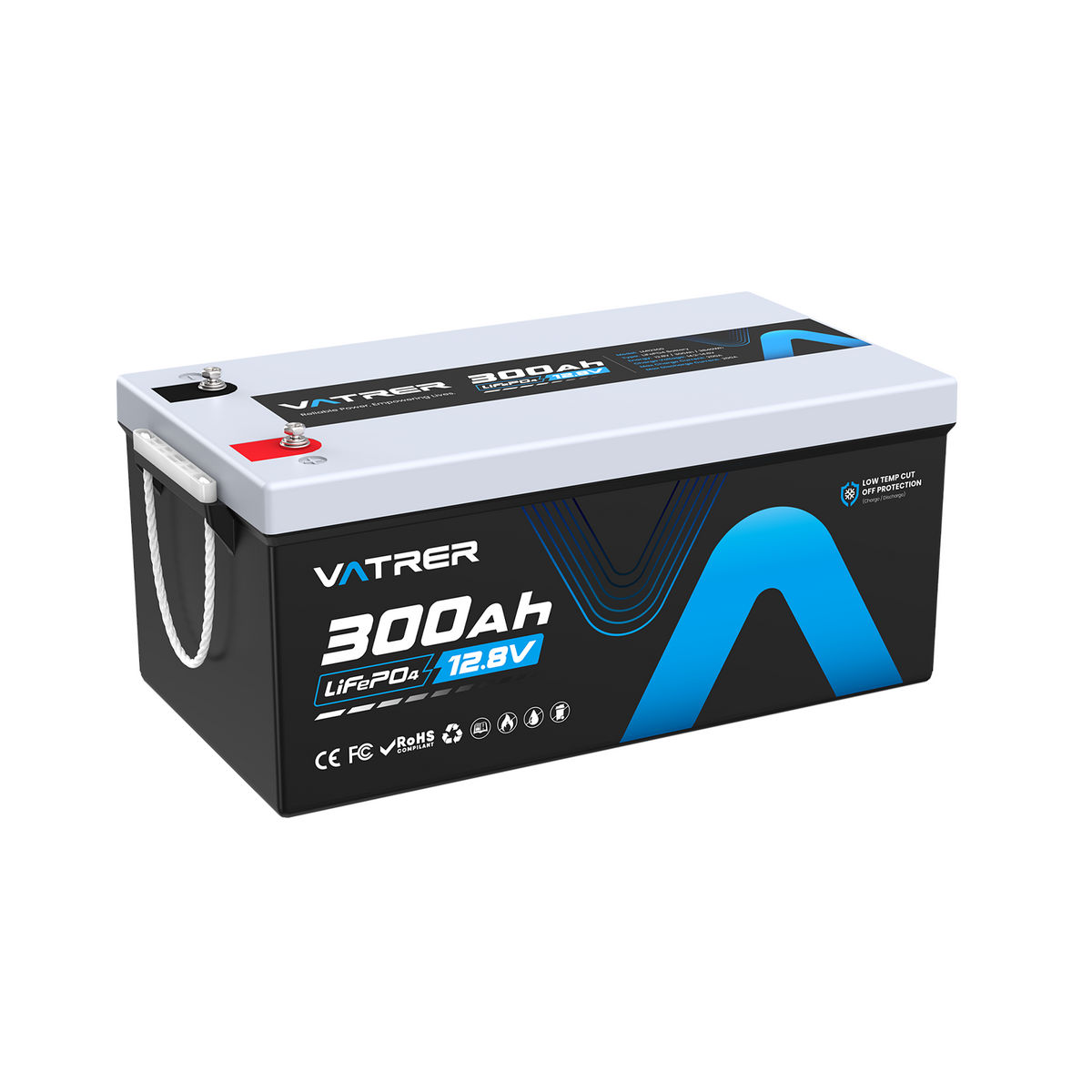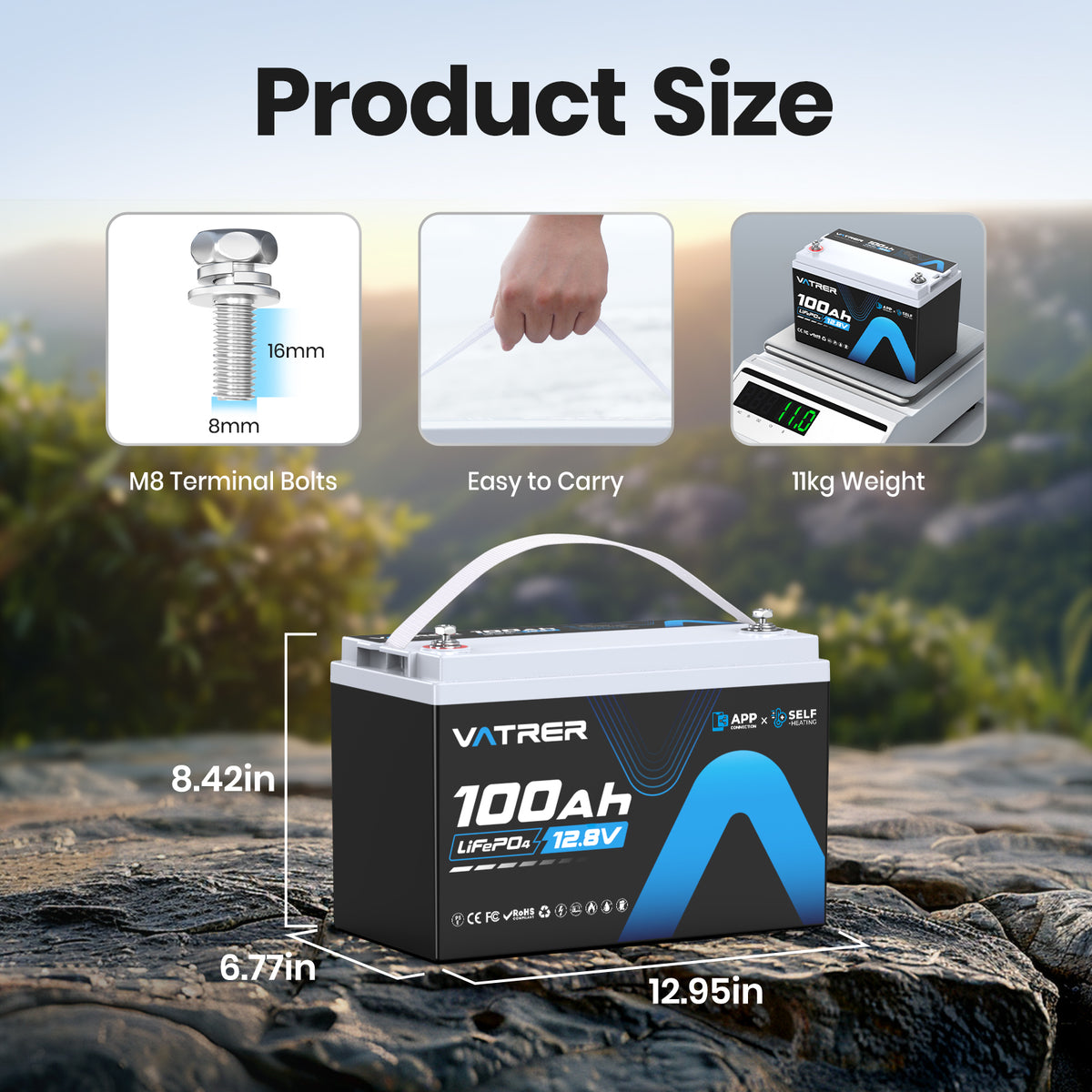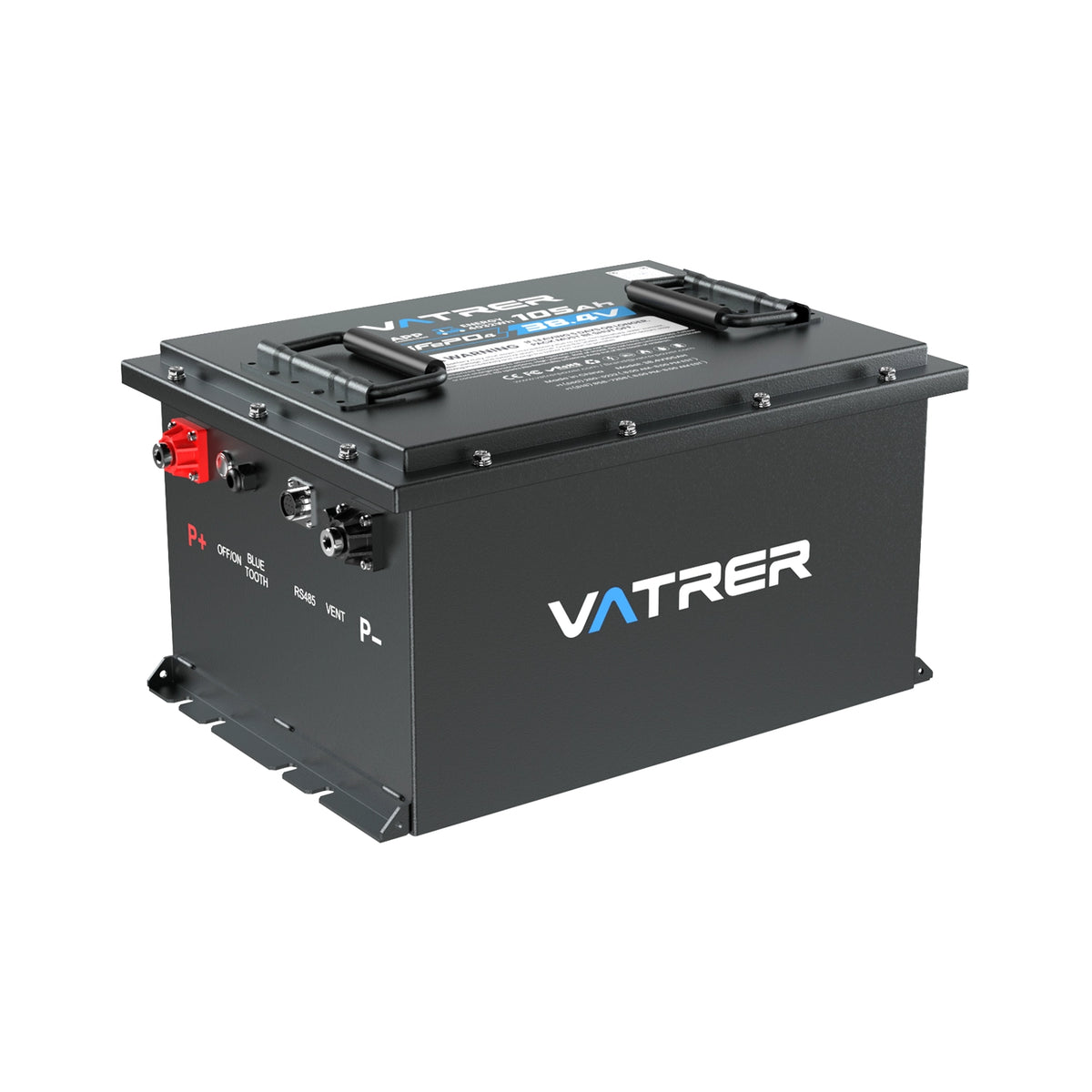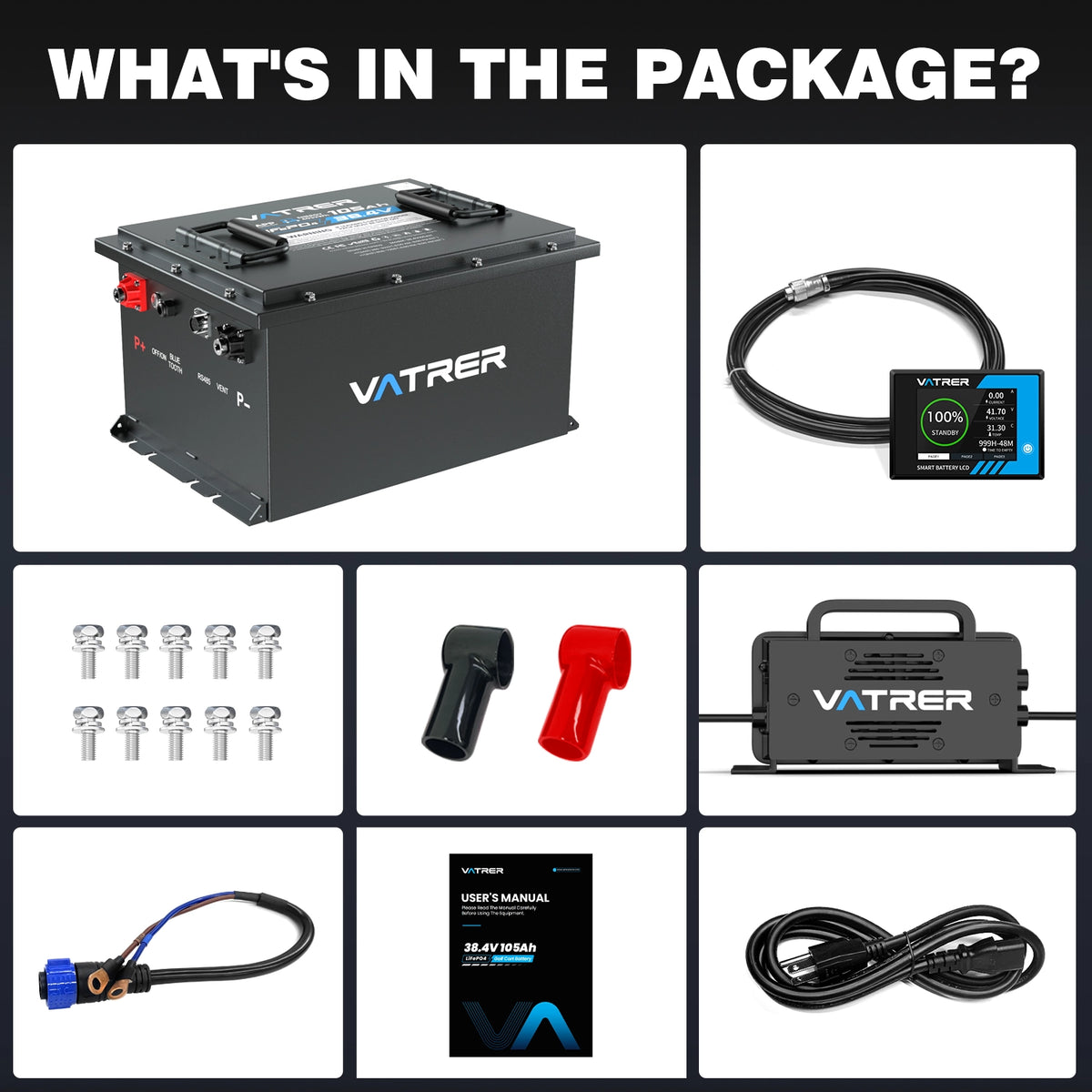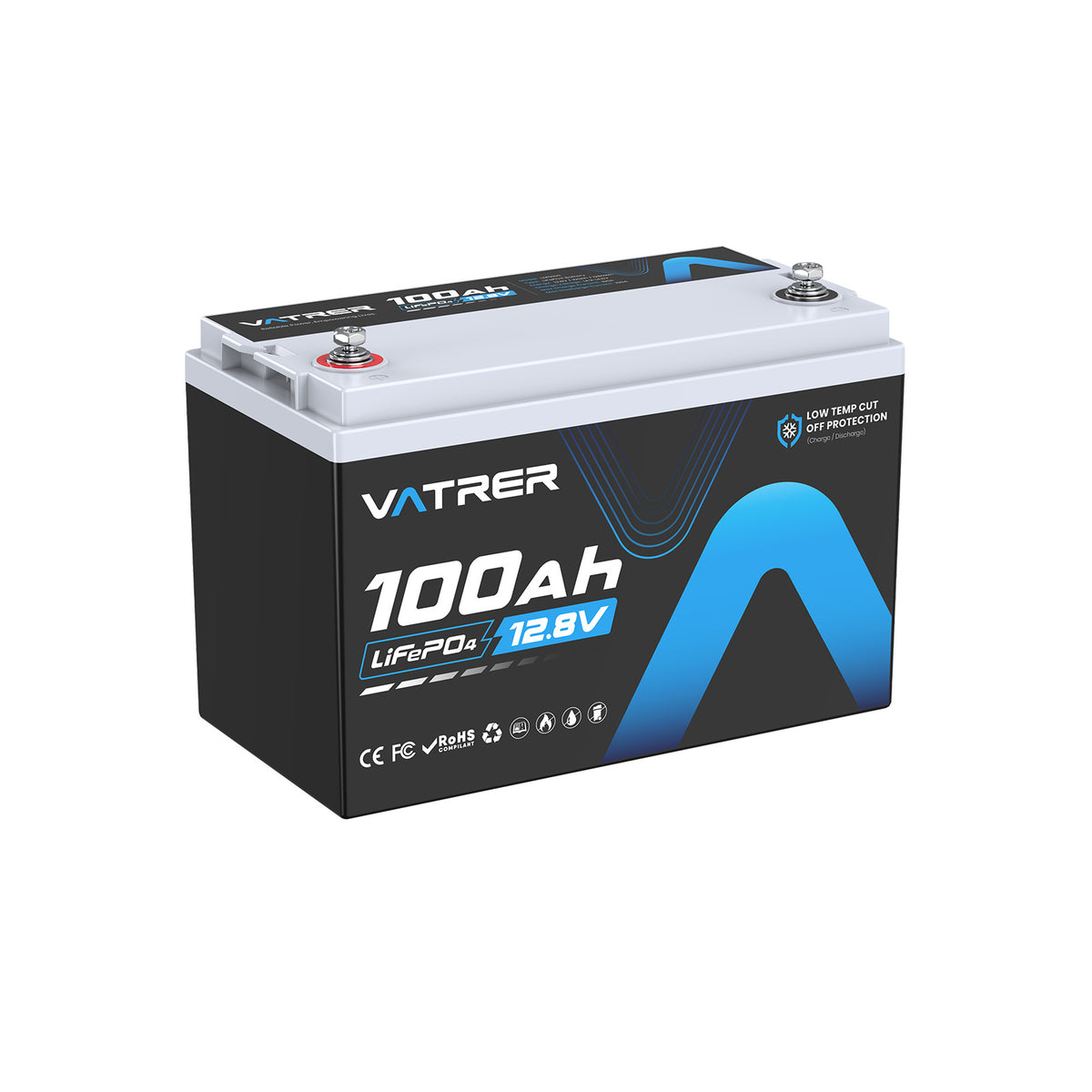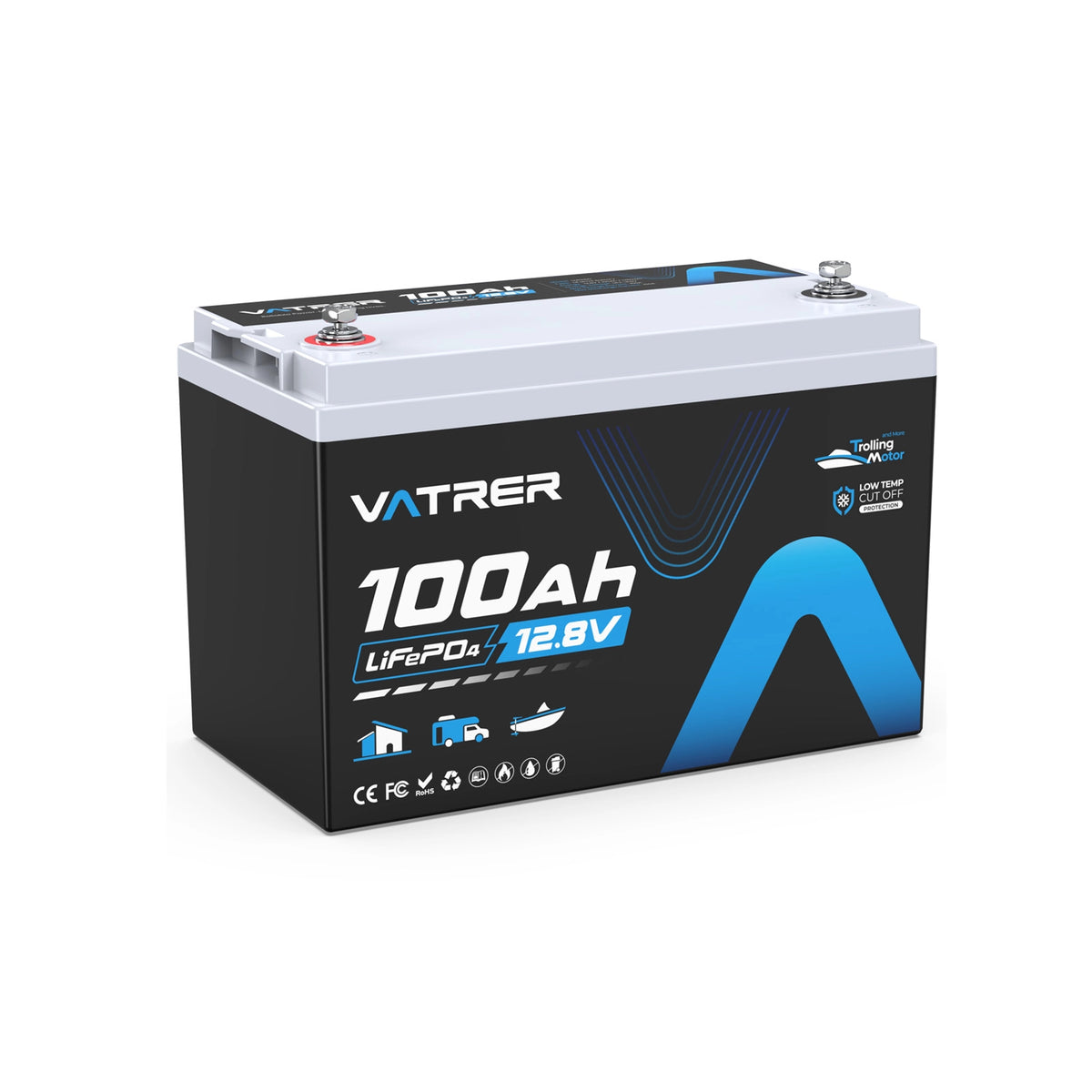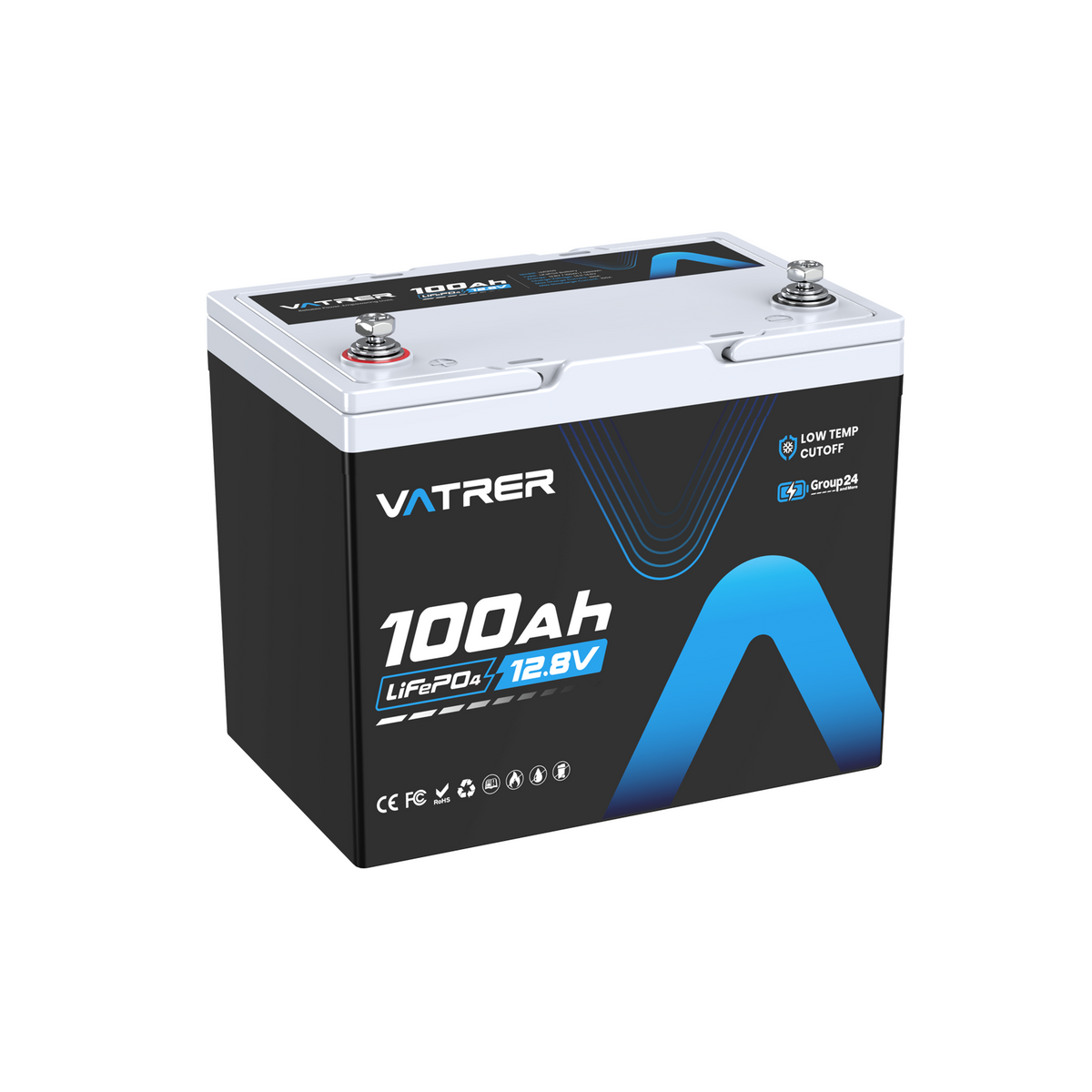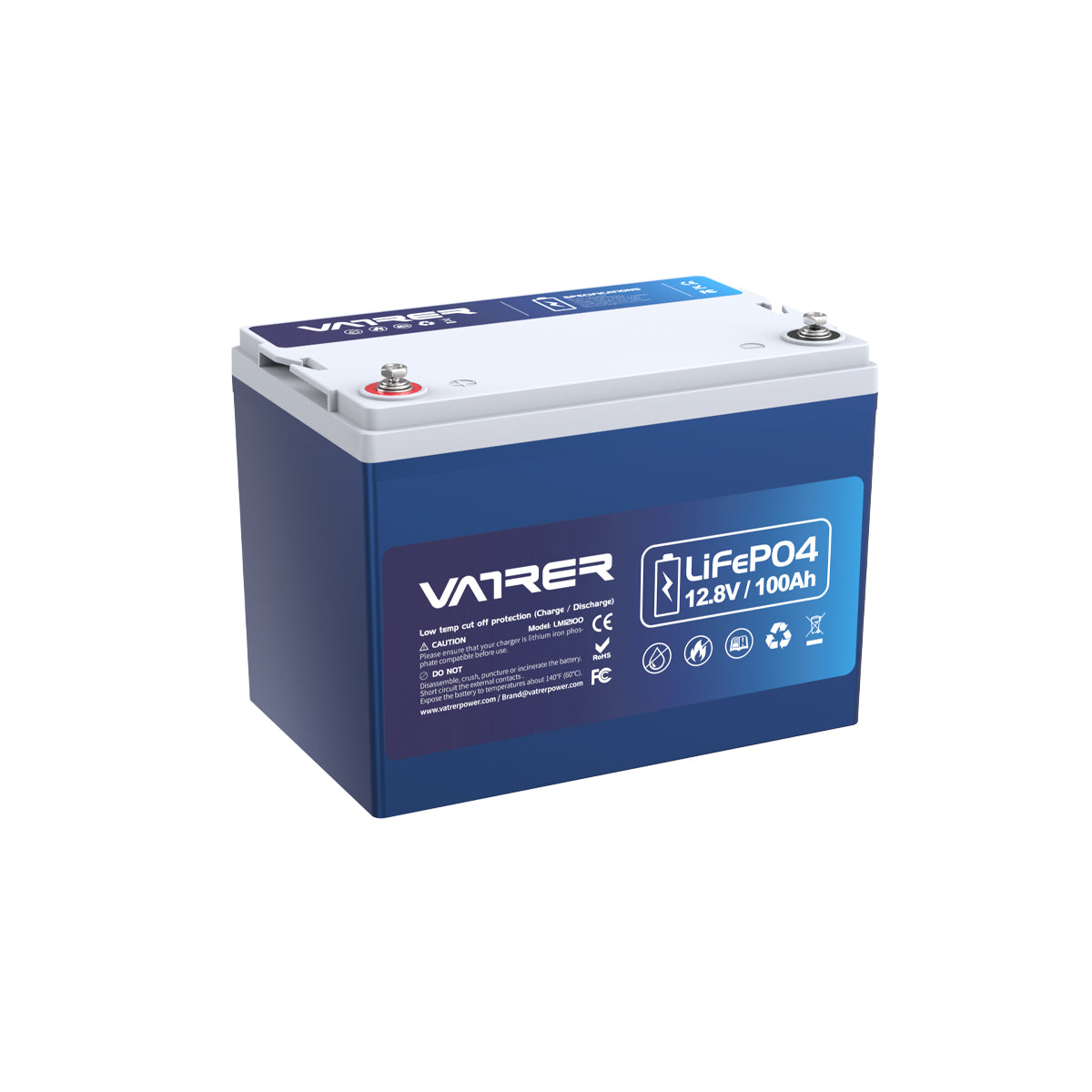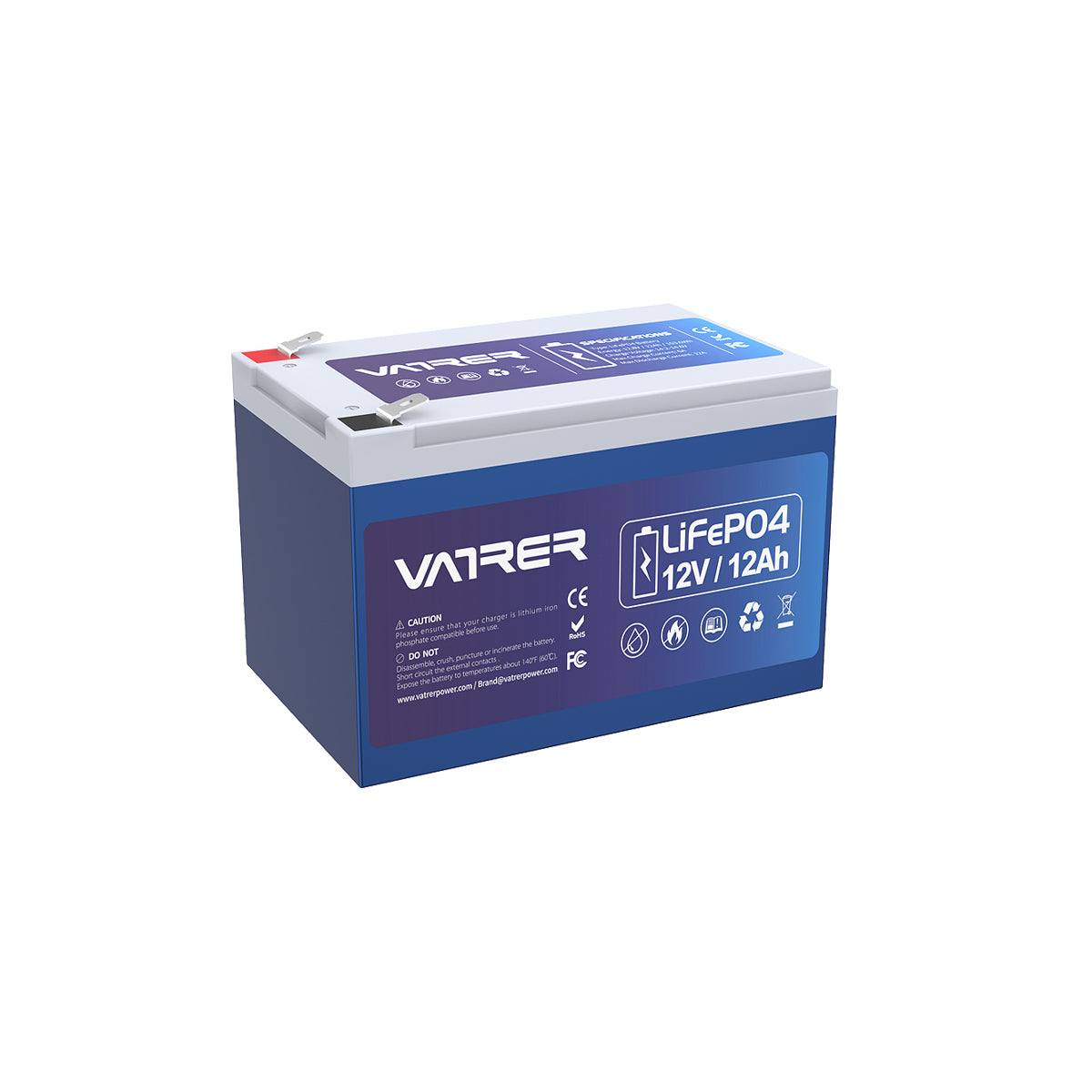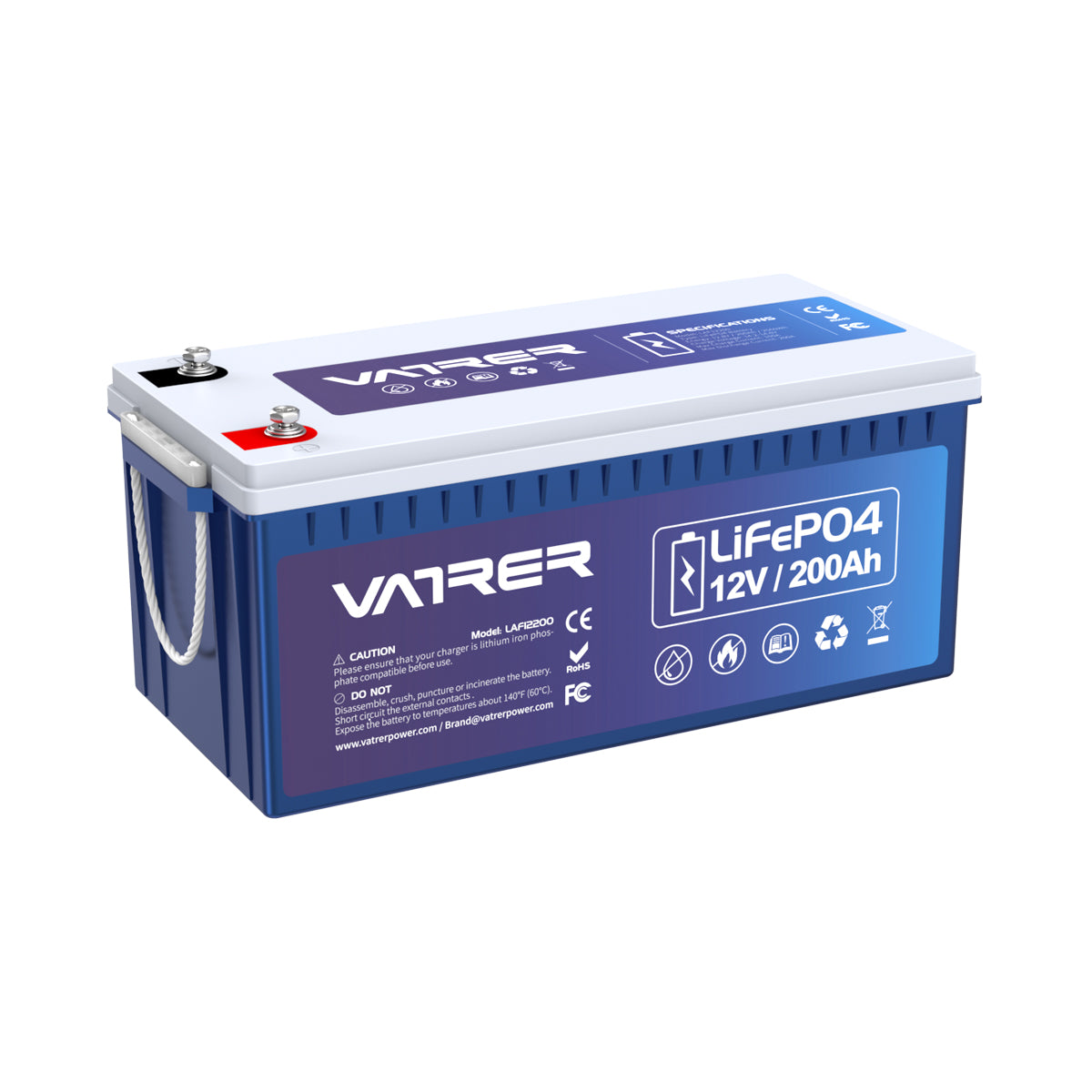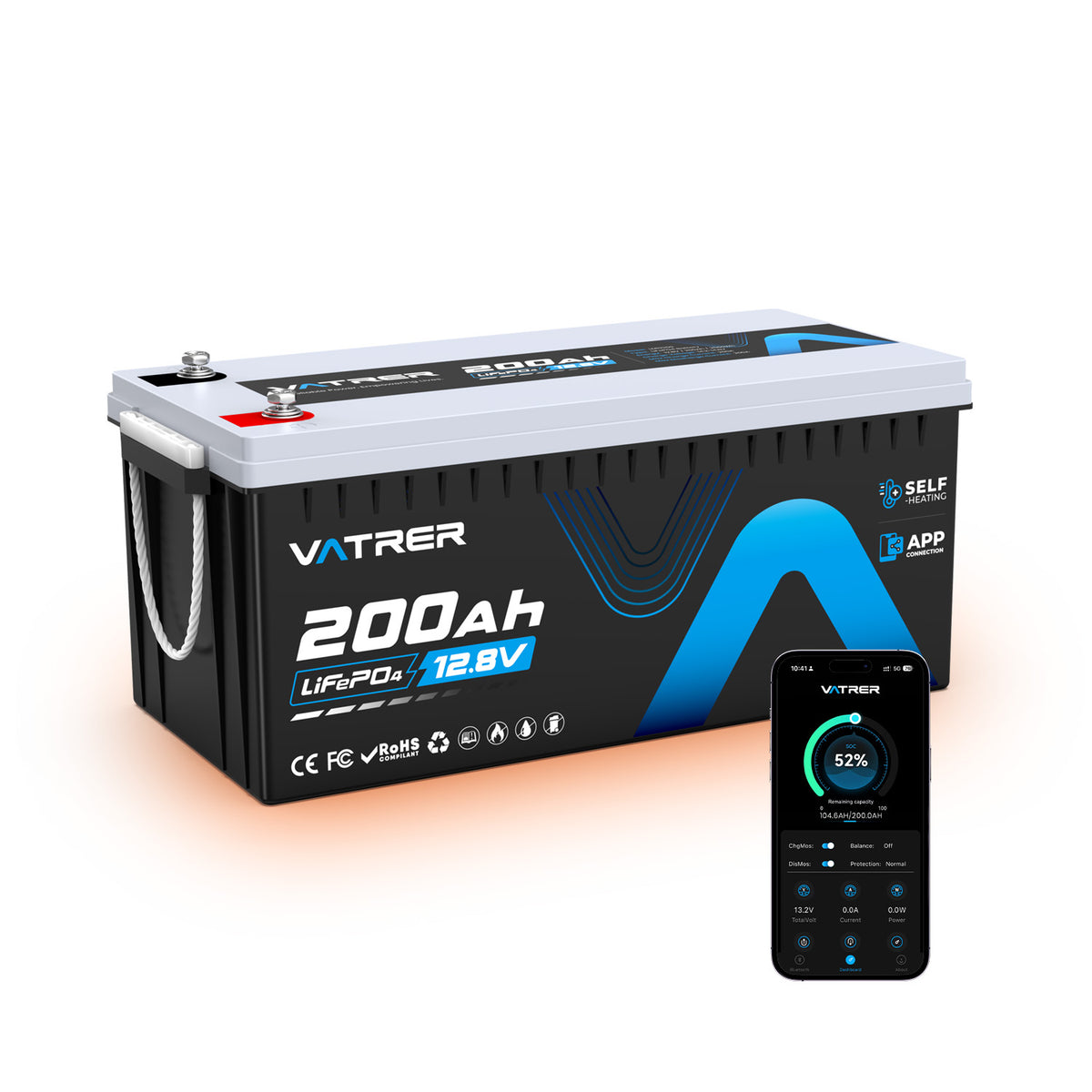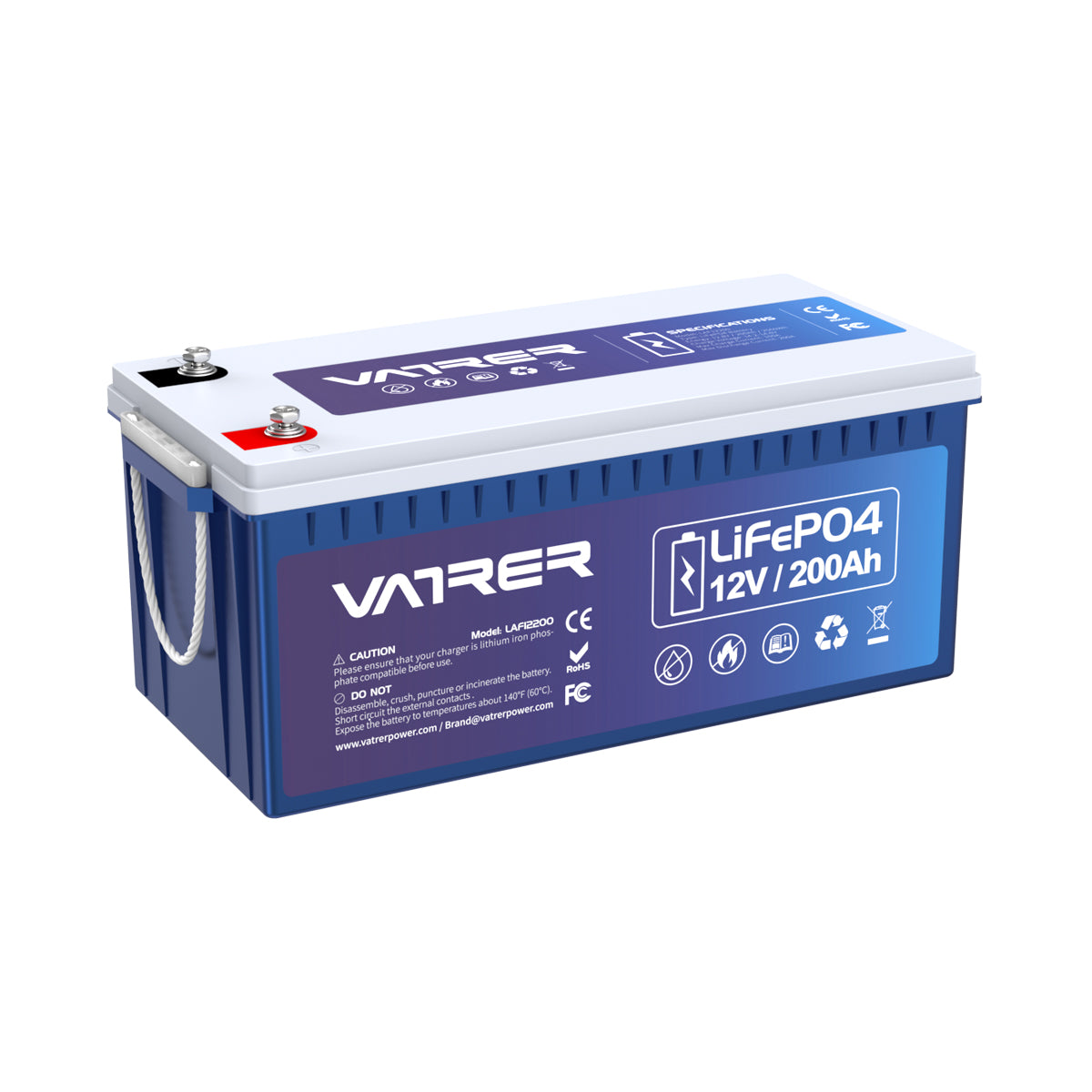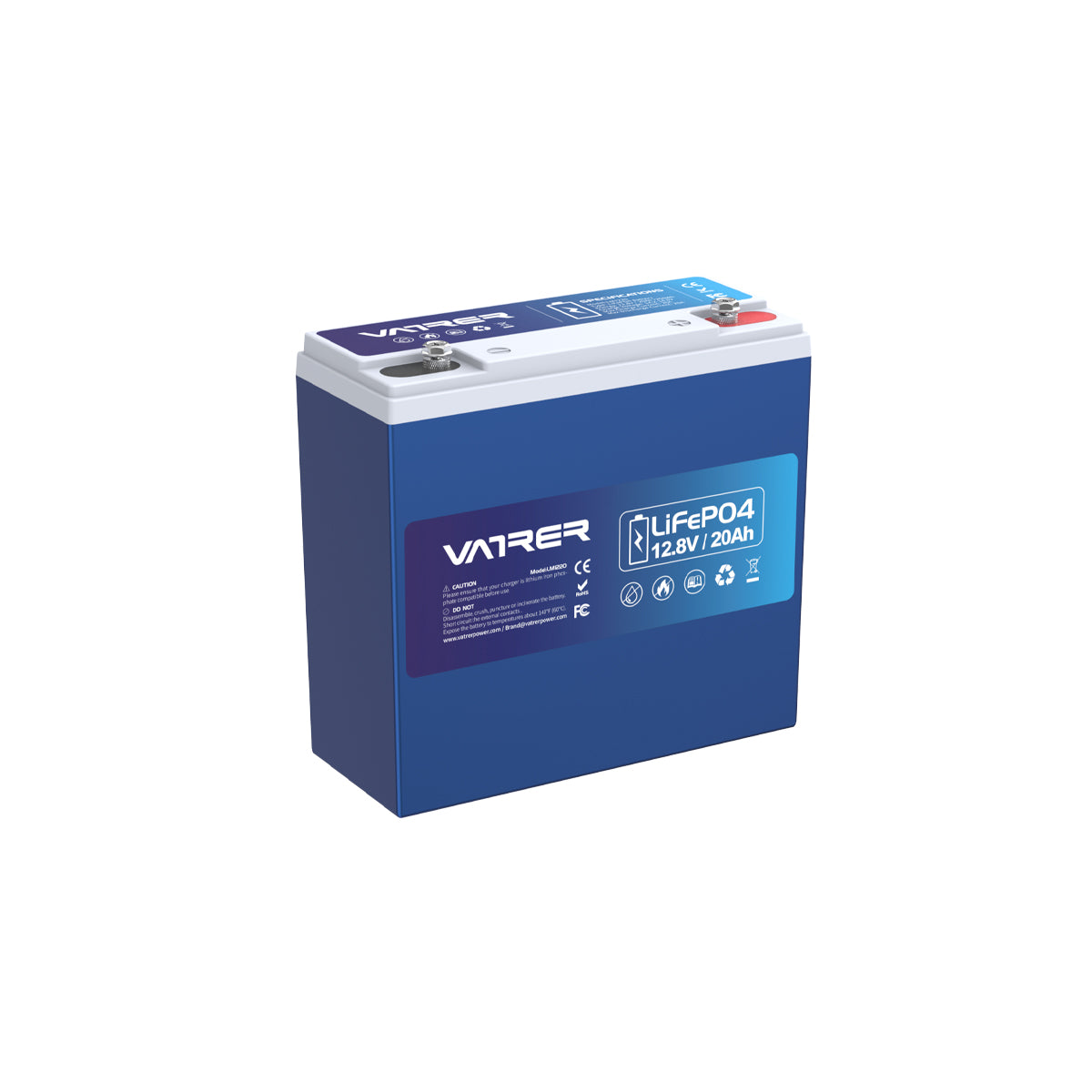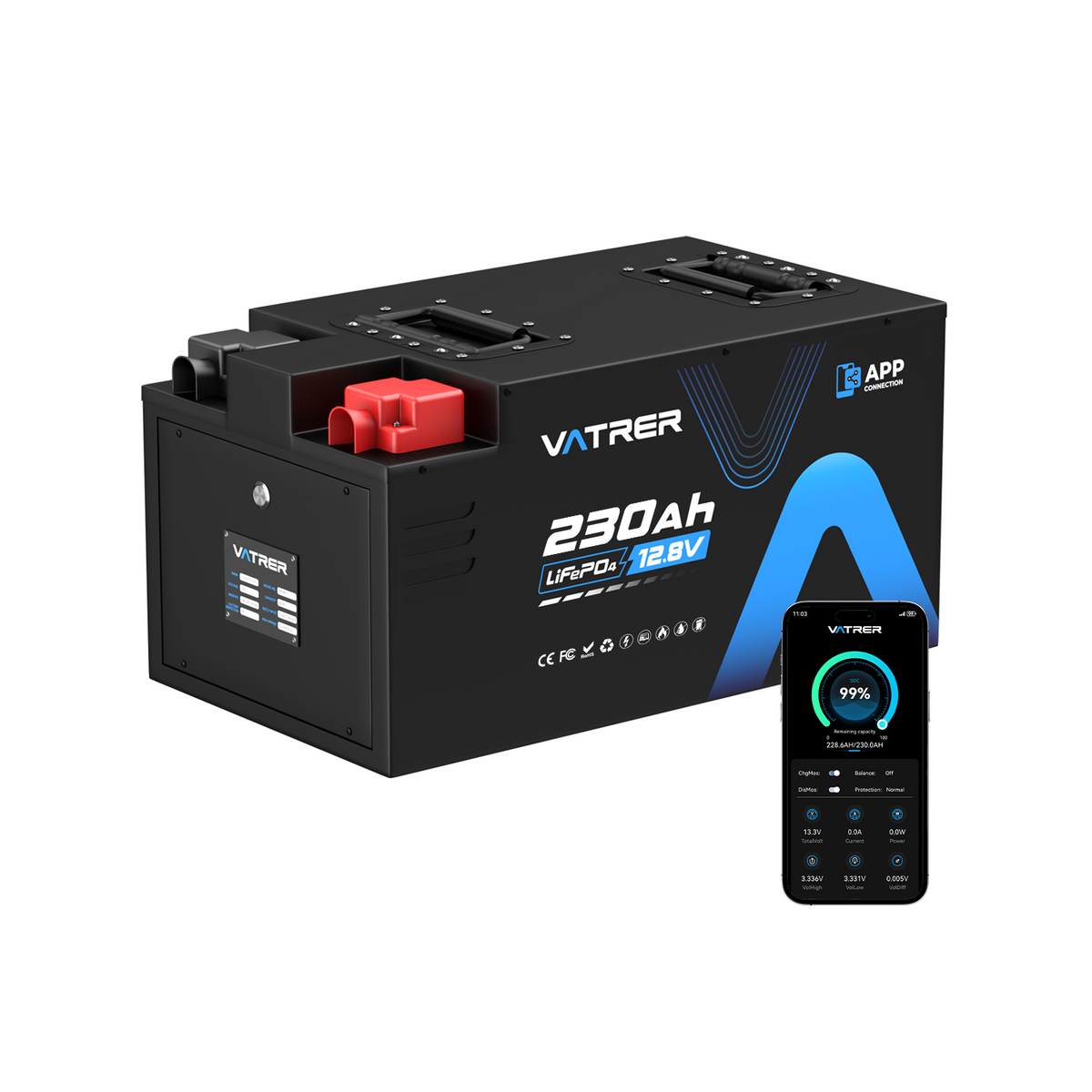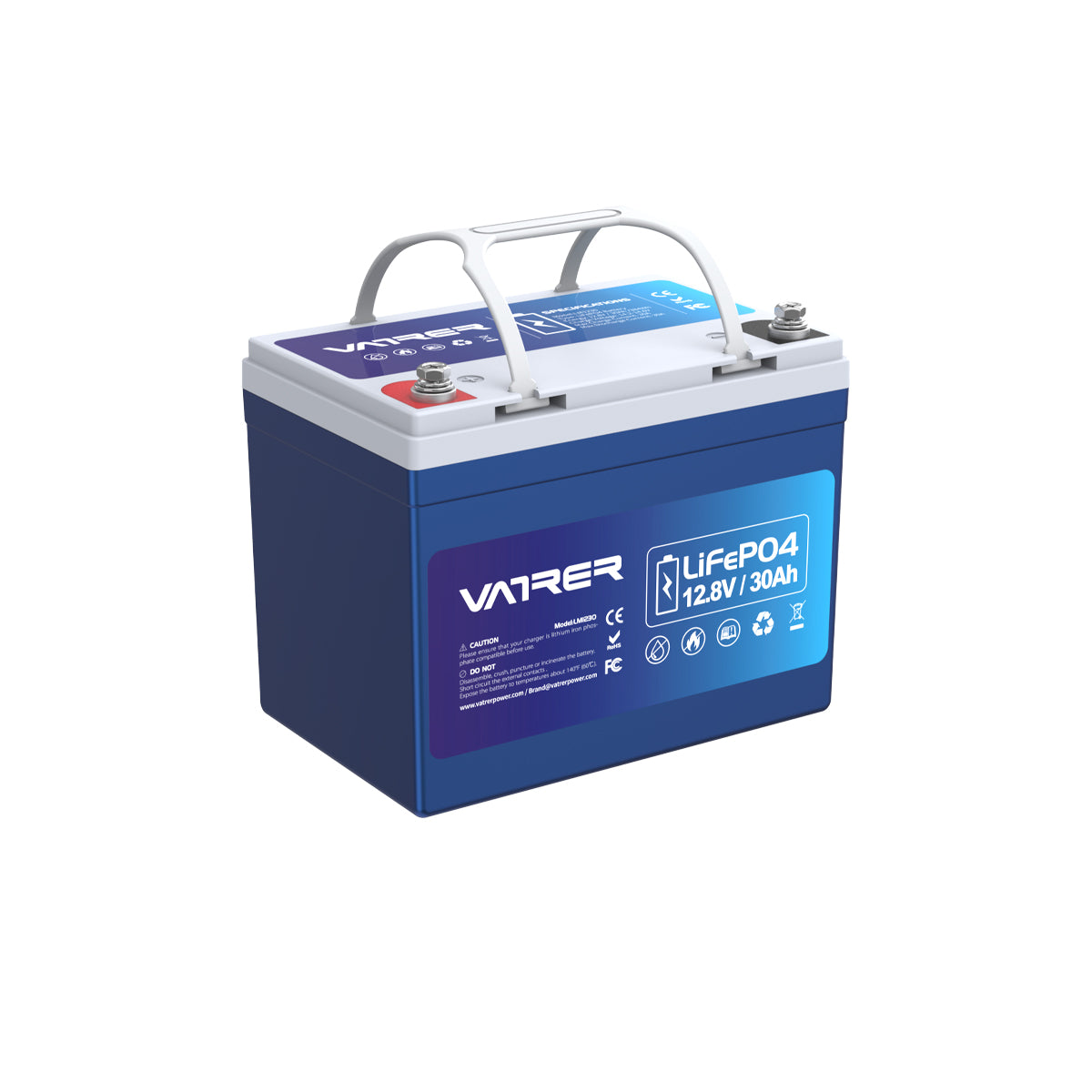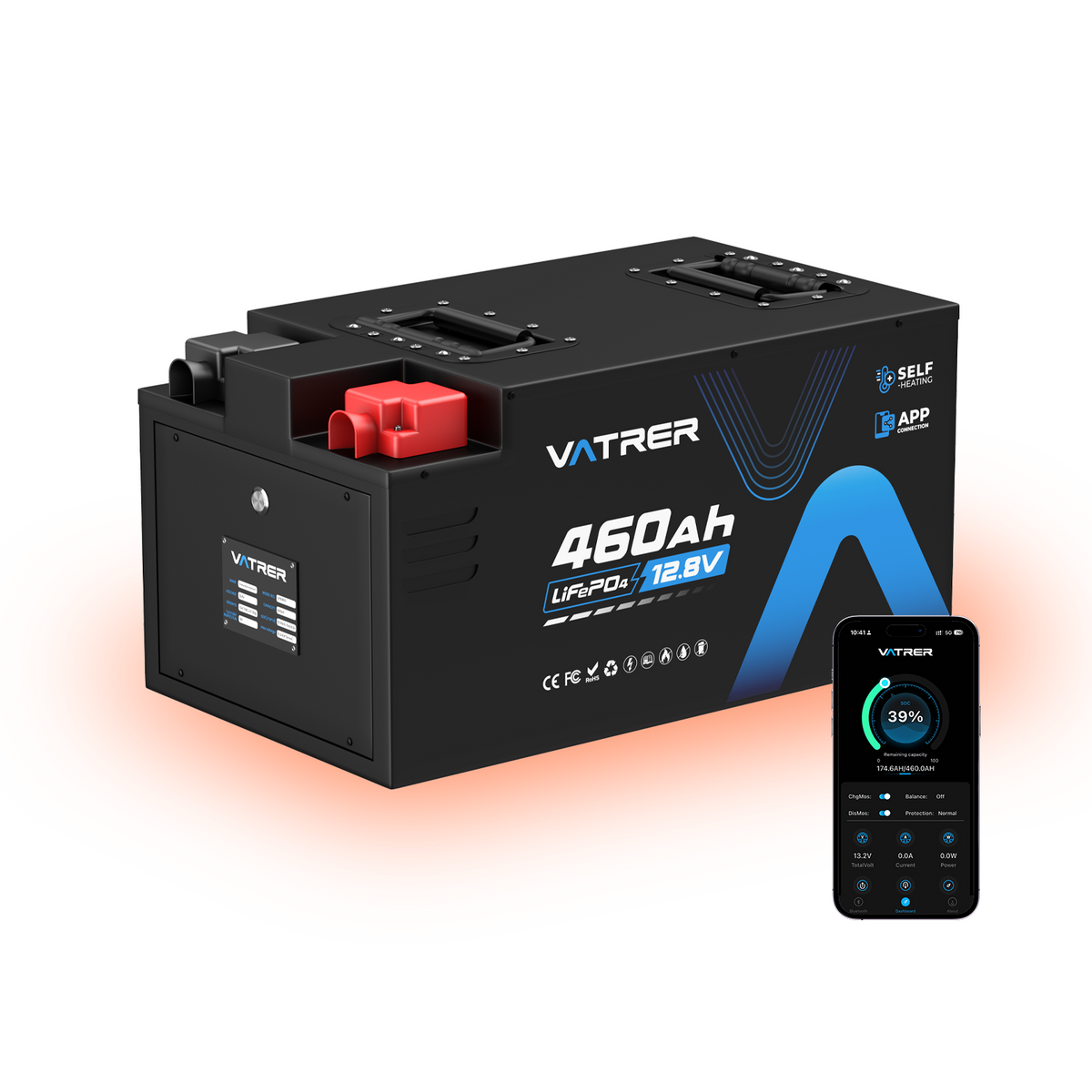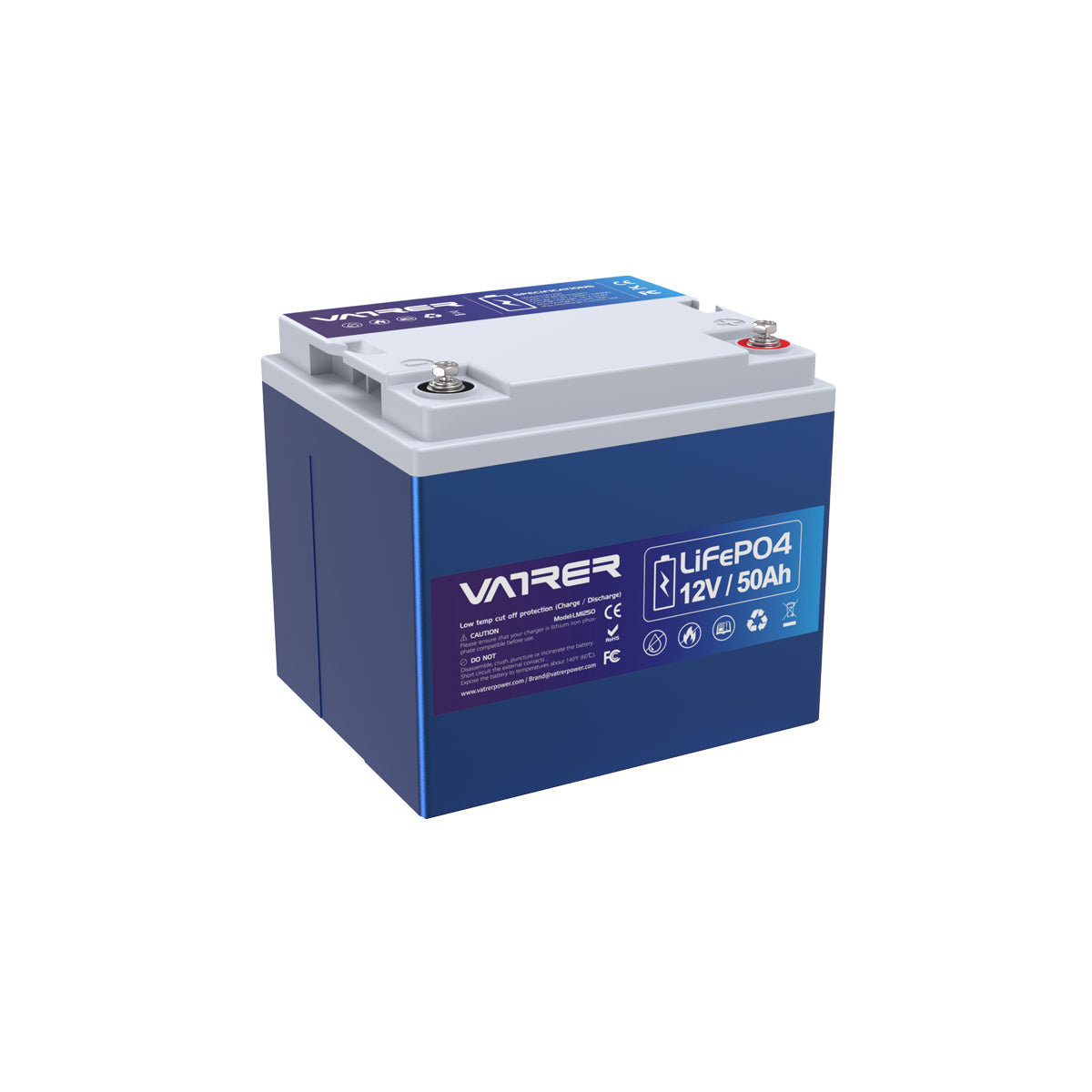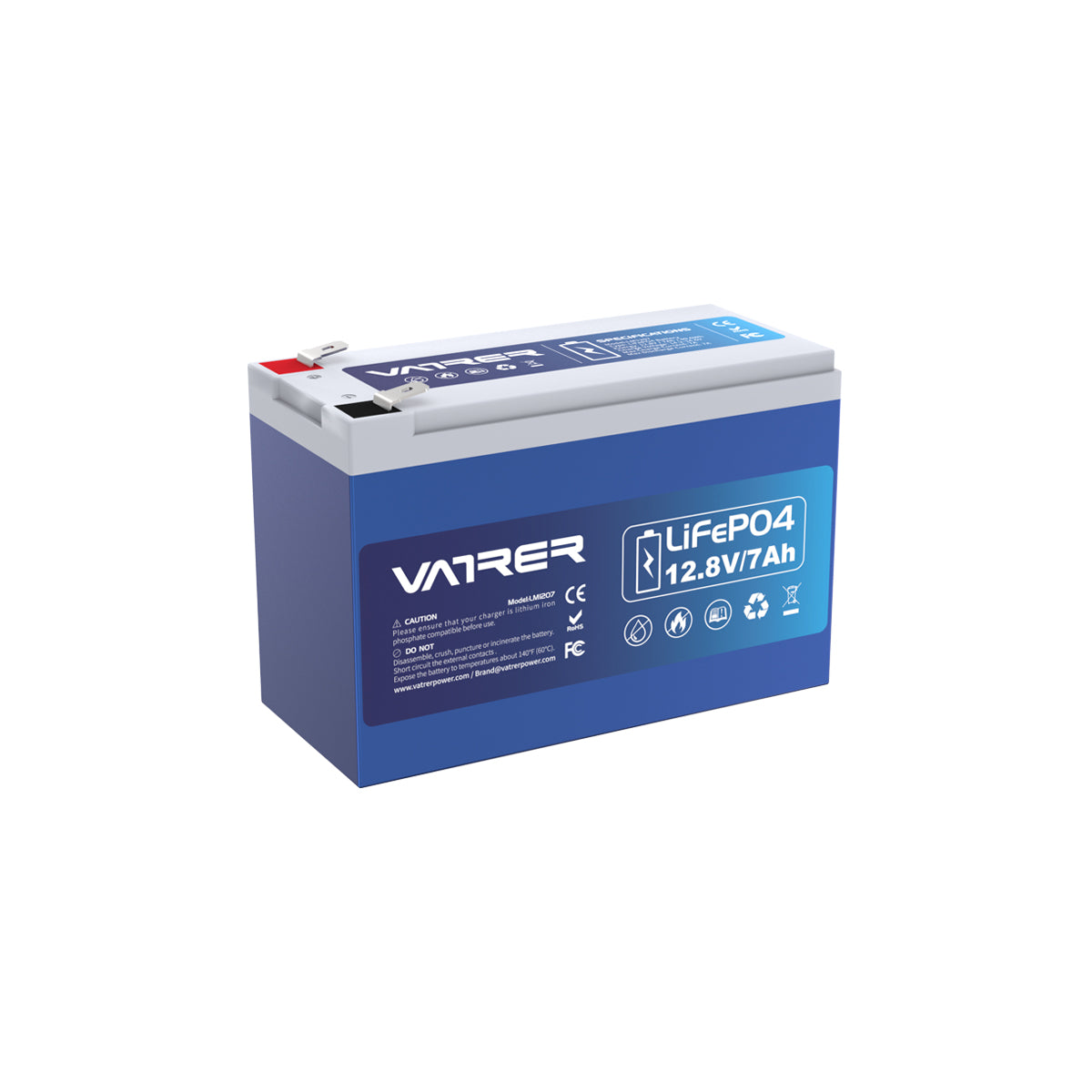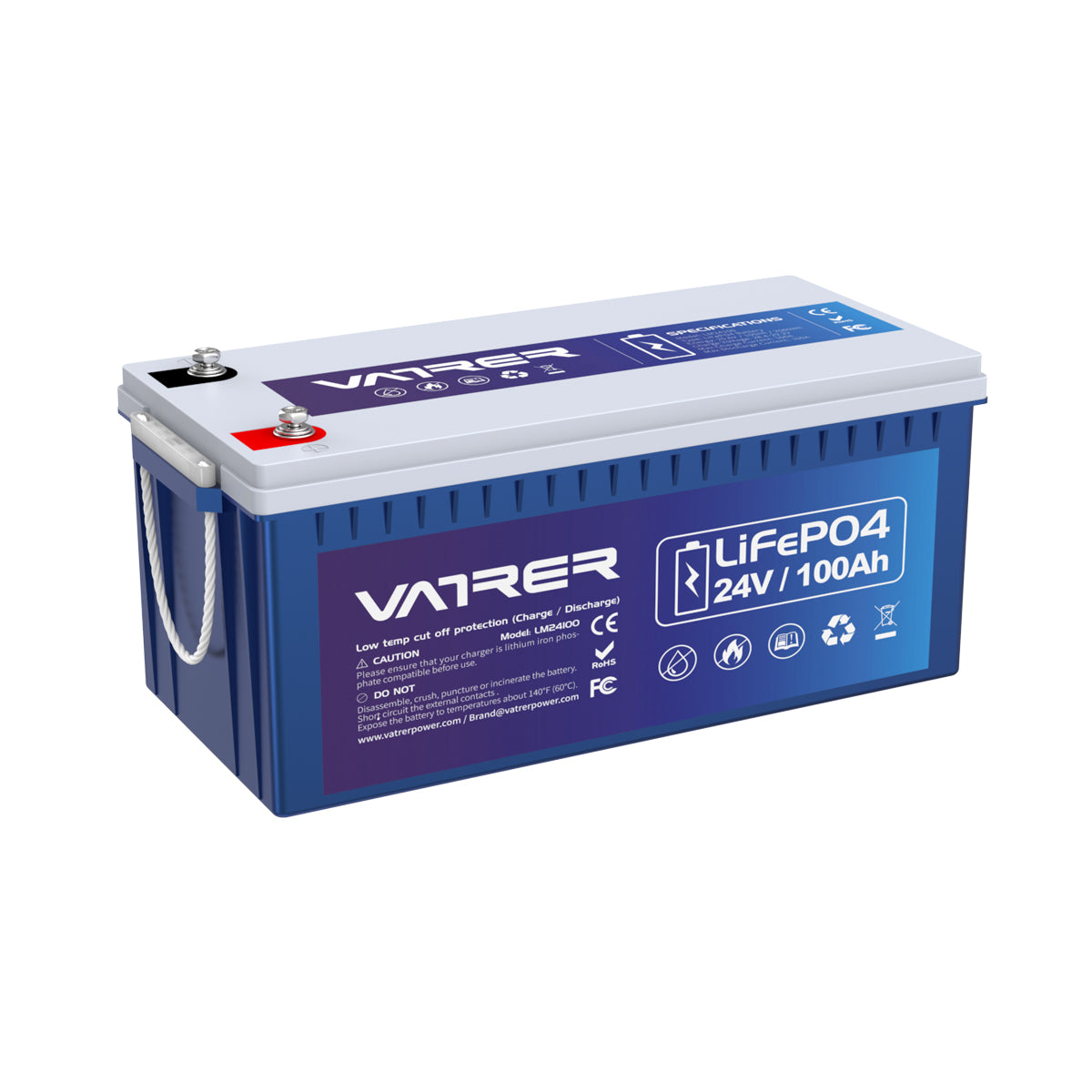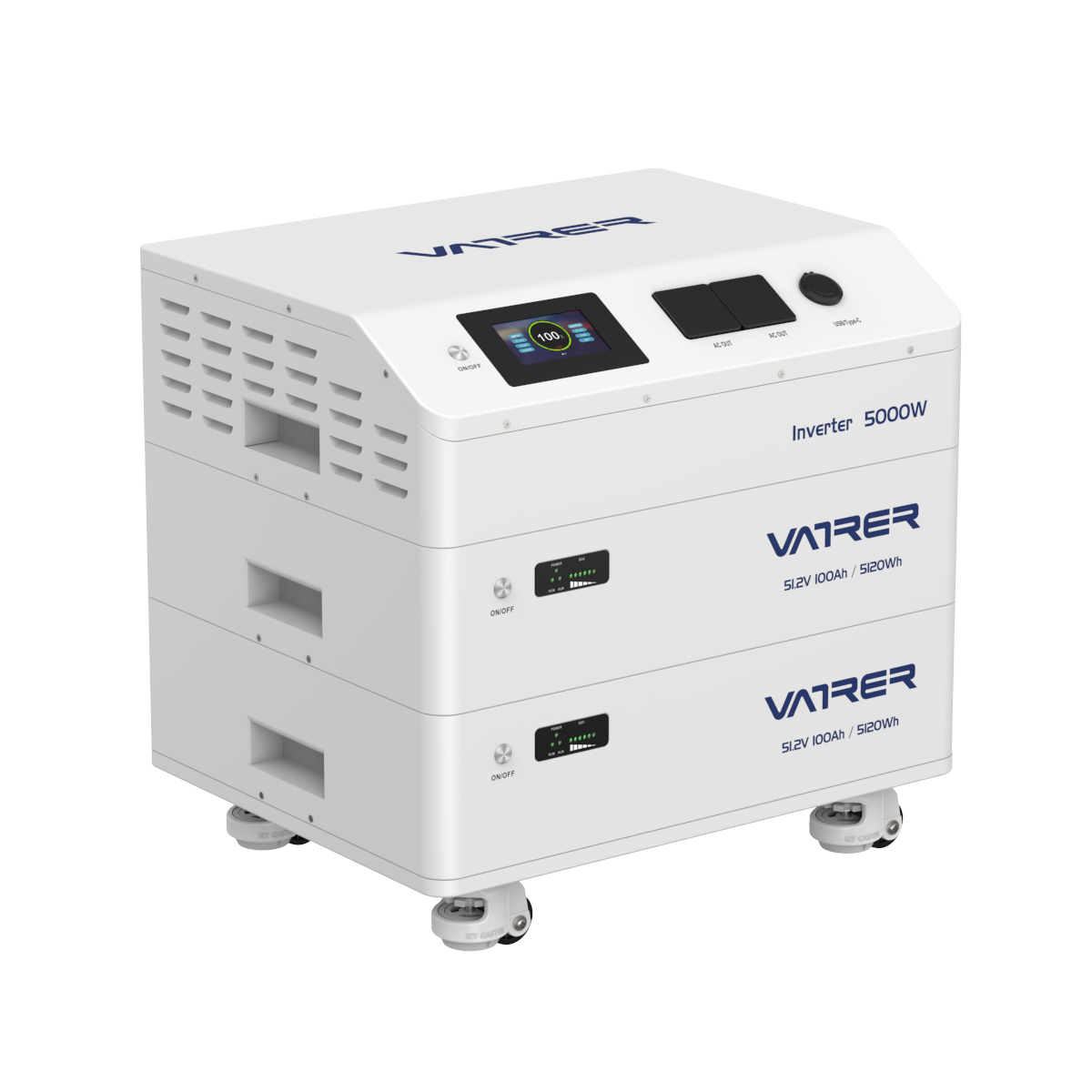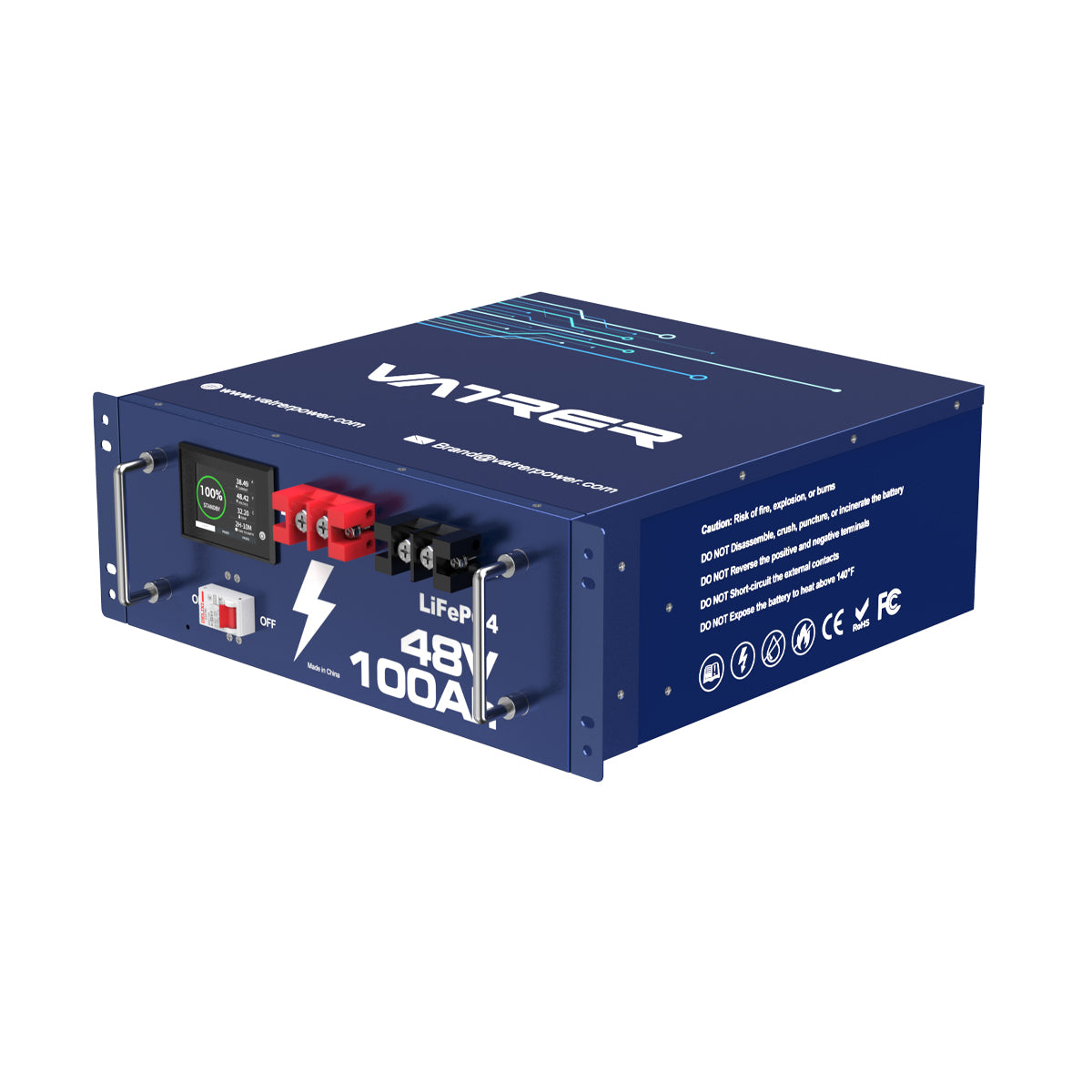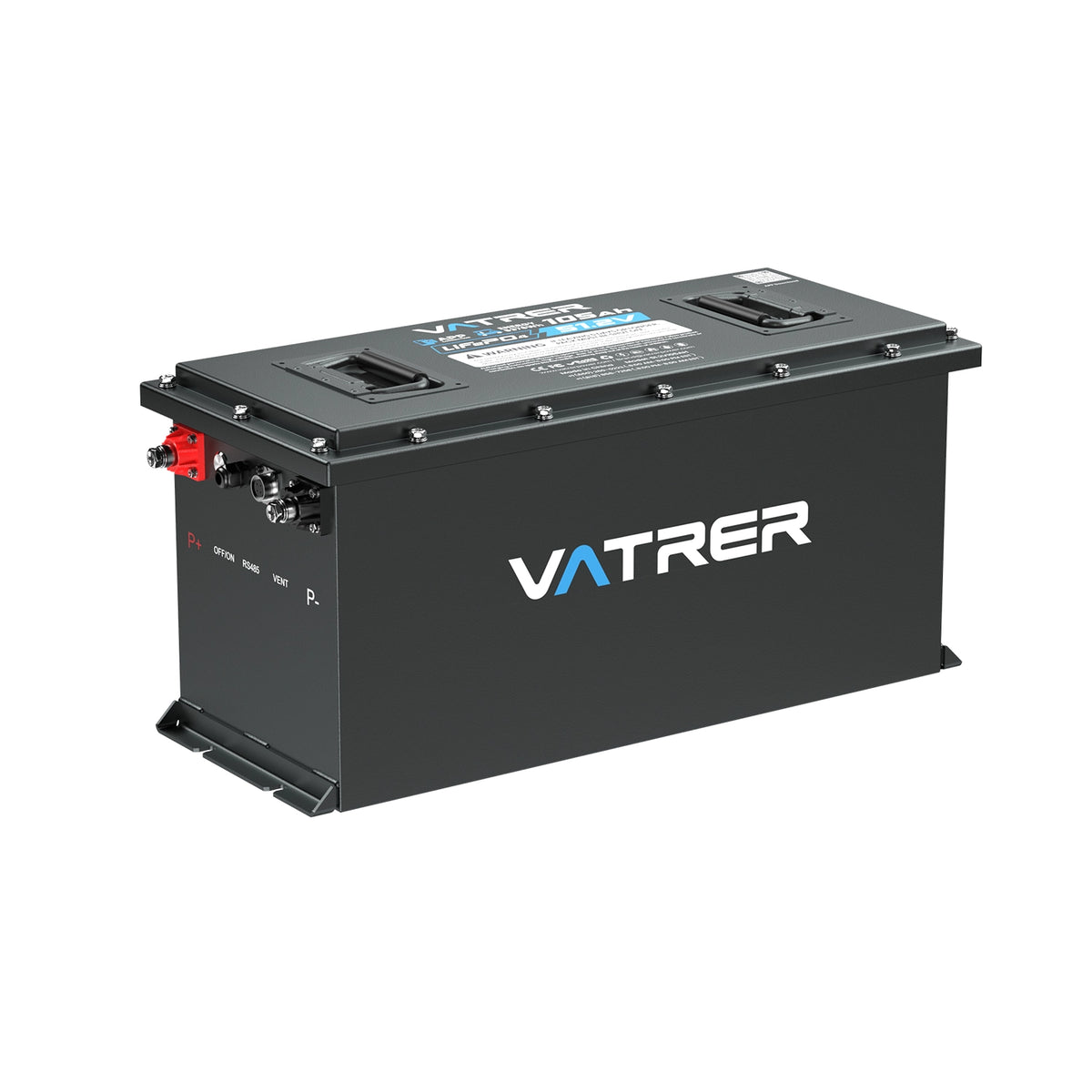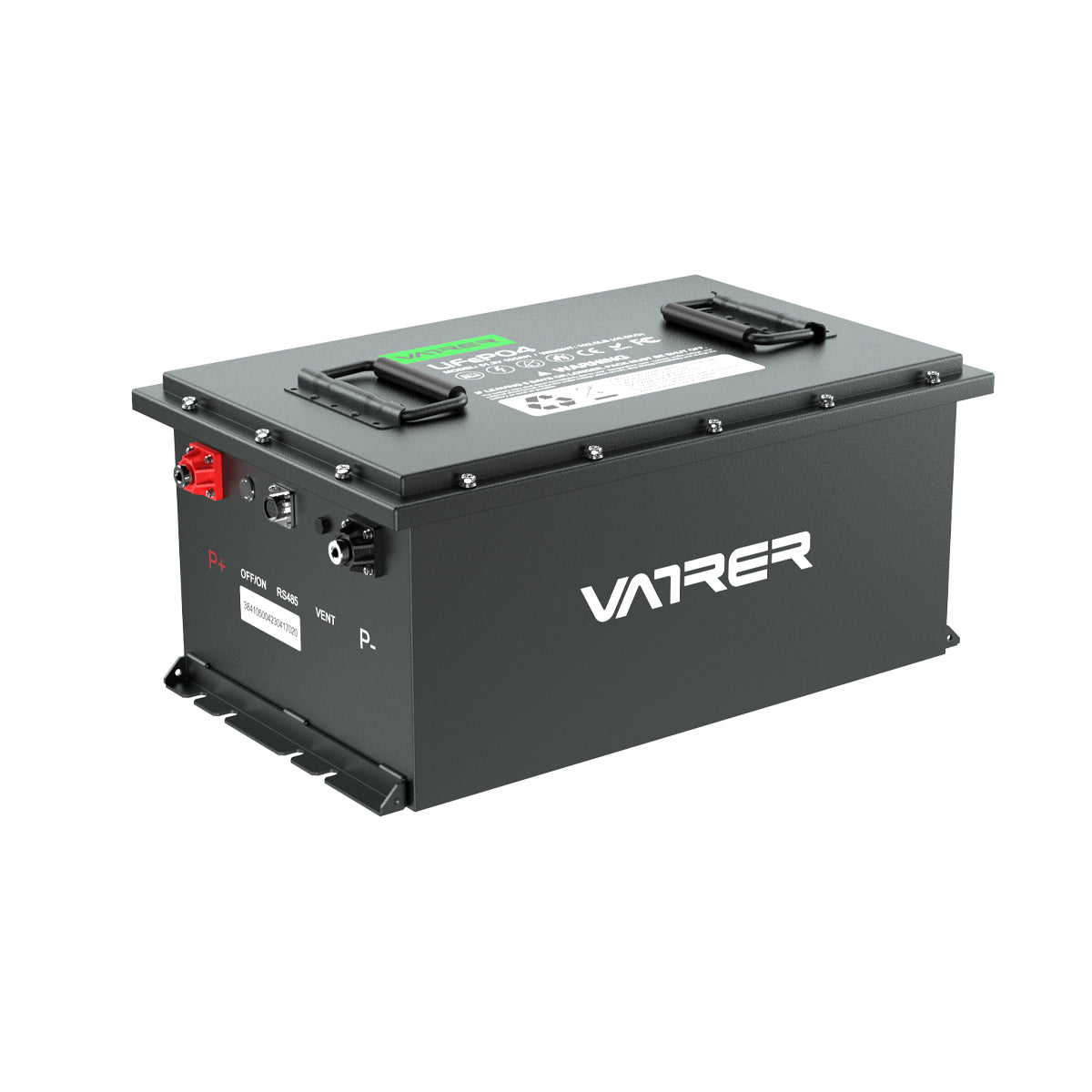Table of Contents
- 1. Introduction
- 2. Key Factors Affecting Battery Run Time
- 3. Calculating Battery Run Time
- Step 1: Determine the Fridge’s Power Usage
- Step 2: Convert Watt Hours to Amp Hours
- Step 3: Calculate the Battery Run Time
- 4. Practical Examples and Scenarios
- 5. Tips for Maximizing Battery Efficiency
- 6. Conclusion
1. Introduction
Understanding the battery run time for a 12V fridge is crucial for anyone planning an RV adventure or living off-grid. RV refrigerators are essential for keeping food and drinks cold, especially during long trips or boondocking in remote areas. Knowing how long your battery will run a 12V RV fridge ensures a smooth experience without power interruptions. Lithium batteries, particularly those with a 100Ah capacity, are popular choices due to their efficiency and longevity compared to traditional lead-acid batteries. This paper explores the factors affecting the run time of a 100Ah lithium battery for a 12V fridge, provides calculations for estimating run time, and offers tips for maximizing battery efficiency.

2. Key Factors Affecting Battery Run Time
Fridge Power Consumption
The power consumption of RV refrigerators varies significantly, typically ranging between 20 to 50 watts. The more efficient your fridge is, the longer your battery will last. Energy-efficient models tend to use less power and are a better match for off-grid trips. The power consumption is usually measured in watts (W) or watt-hours (Wh), and this information can be found on the specification label located on the exterior of the fridge.
Battery Efficiency
Lithium batteries offer much greater efficiency compared to lead-acid batteries. While lead-acid batteries can only use 50% of their capacity before needing a recharge, a lithium battery can use nearly 100% of its capacity. This means you can fully utilize the 100Ah, providing longer run times. For instance, a 100Ah lithium battery can supply up to 1200Wh of energy on a single charge.
Ambient Temperature
The outside temperature impacts how often the fridge's compressor cycles on and off. In summer or hot climates, the fridge will work harder to maintain a cool temperature, consuming more power and reducing the overall run time. Therefore, managing ambient temperature is crucial for optimizing battery life.
3. Calculating Battery Run Time
Step 1: Determine the Fridge’s Power Usage
To estimate how long your 100Ah battery for a 12-volt refrigerator will last, you need to understand the fridge’s power consumption. If your refrigerator's power is listed in watts, multiply it by the number of hours it runs per day to get the Wh. For example, if your refrigerator runs at 40W typically, the watt-hour is 960Wh (40W × 24 hours) per day. It’s important to estimate the duty cycle, which is the proportion of time the compressor is active. Typically, this duty cycle can vary between 20% and 50%, influenced by factors like ambient temperature, insulation quality, and the temperature of the items inside.
Step 2: Convert Watt Hours to Amp Hours
Since the 100Ah lithium battery is rated in amp-hours (Ah), we need to convert the fridge’s power consumption from Wh to Ah. This is done by dividing the power consumption in Wh by the voltage of the system. For example, using a 100Ah LiFePO4 battery with a voltage of 12.8V, the conversion would be:
For a fridge consuming 384Wh per day:
This means your fridge will draw 30 amp-hours per day from the battery.
Step 3: Calculate the Battery Run Time
With a 100Ah lithium battery, you can use almost all of the available capacity. To estimate how long the battery will run the fridge:
For example:
Therefore, a 100Ah LiFePO4 lithium battery can run a 12V fridge for about 3.3 days.
4. Practical Examples and Scenarios
Example Calculations
Consider a scenario where the fridge consumes 40W and operates with a 40% duty cycle. The daily consumption would be 384Wh, translating to 30Ah per day. With a 100Ah battery, the fridge can run for approximately 3.3 days.
Variations in Run Time Based on Different Conditions
If the ambient temperature is higher, the duty cycle might increase to 50%, leading to higher power consumption and reduced run time. Conversely, in cooler conditions, the duty cycle might decrease, extending the battery life.
5. Tips for Maximizing Battery Efficiency
Energy-Efficient Fridge Models
Investing in energy-efficient fridge models can significantly reduce power consumption. Look for fridges with better insulation and energy ratings.
Managing Ambient Temperature
Try to keep the fridge in a shaded area or use additional insulation to reduce the impact of ambient temperature on power consumption.
Proper Battery Maintenance
Regularly check the battery's charge level and avoid completely depleting it. Use the correct charger designed for lithium batteries to ensure optimal charging and extend battery life.
6. Conclusion
In conclusion, a 100Ah lithium battery can effectively power a 12V fridge for several days, depending on various factors such as power consumption, ambient temperature, and battery efficiency. By understanding these factors and implementing strategies to optimize battery usage, RV users can ensure a reliable power supply for their fridges during their adventures. Investing in energy-efficient appliances and maintaining the battery properly will further enhance the overall experience and longevity of the battery system.





